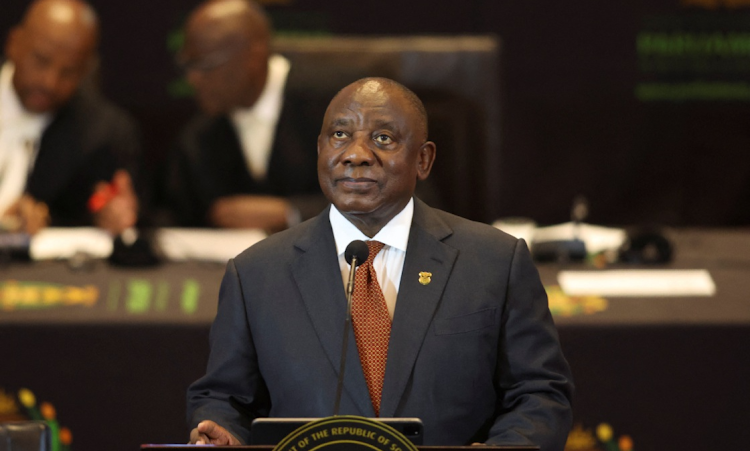Sona was marginally positive — pending implementation

Sona 2023 had more focus than the previous ones but did not clearly articulate a timeline for implementation
Given the hopelessness and despair of small businesses and households due to the energy crisis, there was always going to be cynicism over President Cyril Ramaphosa’s seventh state of the nation address.
The chaotic scenes before his speech would have cemented the public’s sentiment that politicians lack an appreciation of the extent of the crisis and the urgent need for practical solutions. It would be an understandable perspective, which underlines a dwindling tolerance of the government’s underperformance in key areas.
Sona 2023 had more focus than the previous ones.
The declaration of a state of disaster to speed power procurement through the temporary suspension of restrictive legislation and processes is a recognition that business as usual will not deliver the results quickly enough.
The state of disaster must enable a faster procurement process and the unlocking of funding when it is required.
The creation of a ministry of electricity (MoE) to be housed in the Presidency, which will oversee the implementation of the energy action plan, is an admission that the current set-up has created entropy, in which there is no single accountable minister or government department for the failure to sort out the energy crisis.
This comes to an end as the MoE and, ultimately, the Presidency, will be accountable for the implementation of the energy plan.
The MoE might increase complexity as the department of public enterprises (DPE) remains the shareholder ministry and will continue to oversee the unbundling of Eskom, while overall energy policy implementation falls under the department of mineral resources & energy (DMRE).
Eskom’s management and the board will therefore have to report in one way or another to the DPE, DMRE and the MoE. Time will tell how efficient this is.
Rooftop solar is now policy. Businesses will be assisted to invest in rooftop solar through tax incentives to be announced in the budget, while households will also be helped through measures yet to be outlined.
“The government must legislate that no new house plans will be passed without a proportion of energy coming from solar”
To cement this as part of how buildings are constructed, the government must legislate that no new house plans will be passed without a proportion of energy coming from solar.
Financial institutions could structure home loans to include this investment in solar energy. And, as the City of Cape Town has done, households and businesses must be able to sell excess energy into the grid.
However, this will come with a significant knock to municipal finance as the key municipalities have an overreliance on electricity tariffs for revenue.
Small businesses have long been recognised as key to economic growth and job creation. But they have been decimated by load-shedding. The president’s response is that the National Treasury will tweak the bounce-back loan scheme to help small businesses invest in solar, and to allow commercial banks and development finance institutions to borrow directly from the scheme to facilitate the leasing of solar panels. This is a positive move.
Improving the country’s ability to attract skills through establishing a more flexible points-based system to attract skilled immigrants, implementing a trusted employer scheme to make the visa process easier for large investors and streamlining application requirements are all good in the interim, but reforming the education sector is a more structural and sustainable approach to solving the skills shortage.
The National Anti-corruption Advisory Council, already in place, will advise on suitable mechanisms to stem corruption, including an overhaul of the institutional architecture for combating i. This remains a key reform.
Reflecting all this complexity, the president did not clearly articulate a timeline to implement the energy action plan, or the expected economic and societal impact.
This makes it difficult to measure progress and success. As an assumption, we stick with Eskom’s timelines, which anticipate an electricity shortfall of 4,000MW to 6,000MW for a minimum of a year, equating to a minimum of stage four load-shedding on average.
There were many other announcements made that are ongoing reforms and not new. The overall gist of the speech and policy direction was more focused on the pressing issues of the day. Thus the speech was marginally positive pending actual implementation.

Chris (04:02:45 - February 14th, 2023)
Interesting read, I share the same sentiment. Given the current debt to GDP ratio, while the economy faces structural challenges that impede economic growth, and Eskom struggling financially. Does it mean that a huge amount of the procurement will come from the fiscus given the declaration of a state of disaster?